
The recent national election in the United Kingdom has ushered in a period of significant change, as Keir Starmer assumes the role of prime minister. Starmer’s victory marks a shift in the country’s political direction and has generated both optimism and scrutiny at home and abroad. The immediate aftermath of this leadership transition is characterized by heightened expectations, particularly concerning the UK’s stance on complex international issues such as the recognition of a Palestinian state. The new prime minister’s approach in these early days will likely shape the trajectory of his administration and the UK's influence on the global stage.

A series of high-profile policy debates in recent days has revealed the depth of ideological divisions shaping political, educational, and social landscapes. From contentious lawsuits over reproductive rights in the U.S., to disputes over educational content and media funding, right- and left-wing influences are setting the course for legislative priorities and public discourse. These clashes highlight not only the resilience of polarized perspectives but also the renewed determination on each side to shape policies in alignment with their respective values.
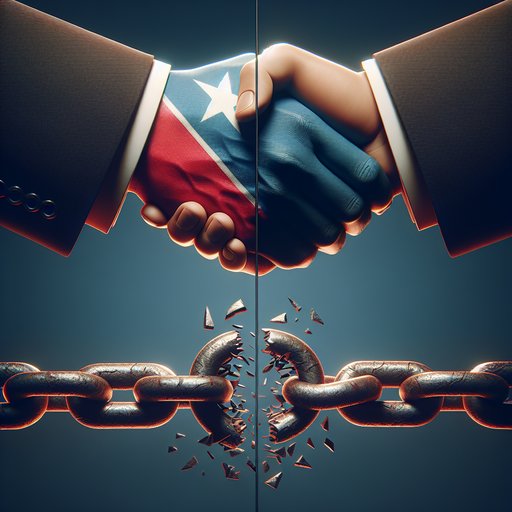
In a significant diplomatic development, France, Britain, and Germany have initiated direct talks with Iran on its nuclear program, marking the first such face-to-face encounter since recent escalations in the Middle East. These discussions, held in Turkey, come at a crucial juncture, as the specter of fresh sanctions looms over the negotiations. The renewed dialogue is seen by many as a key opportunity to ease current tensions and potentially pave the way for a broader diplomatic solution, even as the international community watches closely for immediate impacts on regional stability and prospects for compromise [1].
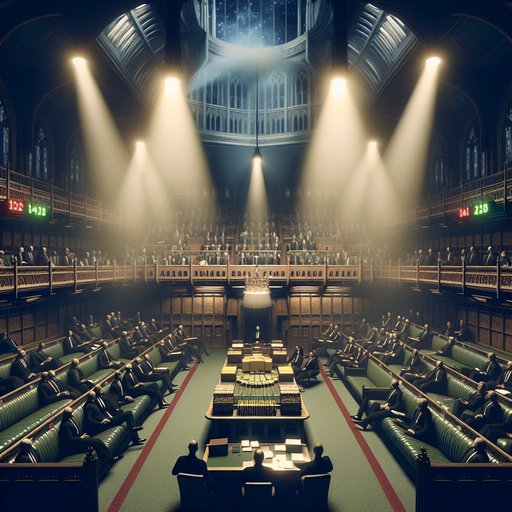
A pivotal moment has arrived for the field of gravitational wave research, as legislators weigh the prospects of cutting funding to a branch of science that has achieved historic breakthroughs in the past decade. Scientists and policymakers alike are closely watching budget negotiations amid concerns that proposed reductions could hinder further progress and innovation. As national spending plans are hashed out, supporters of the field highlight the far-reaching implications of these decisions, while budget hawks push for a reevaluation of funding priorities.
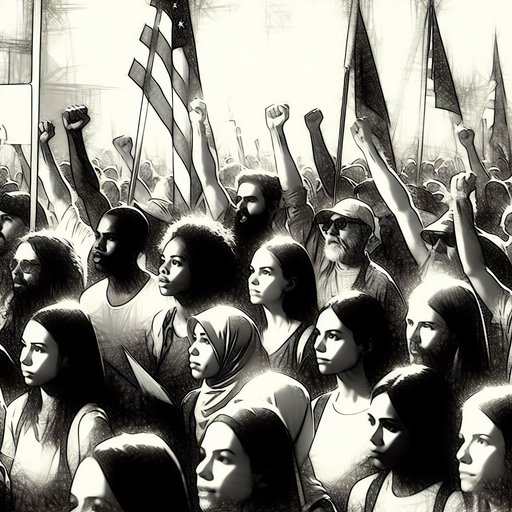
This week, stirring displays of civic activism across multiple countries underscored the enduring momentum of global democracy and human rights movements. From Ukraine to Togo and Germany, citizens have taken to the streets to demand accountability, challenge authoritarian power structures, and affirm their commitment to democratic principles, despite facing heightened risks and government pushback. Recent protests and legal developments, highlighted by visible outpourings of support for transparency, anti-corruption, and minority rights, suggest a resilient optimism among campaigners, laying the groundwork for further advocacy and reform.
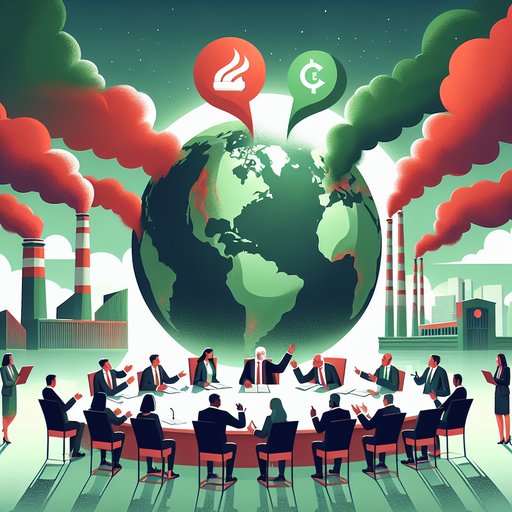
On July 24, 2025, the international climate policy landscape reached a pivotal juncture as the United Nations’ highest court began deliberating the responsibilities countries bear in addressing climate change. This move follows years of persistent advocacy from small island nations, whose existence is acutely threatened by rising sea levels and damaging weather extremes. As the world contends with escalating climate-related crises—most recently, widespread disruptions in global food prices due to exceptional weather events—this legal milestone signals a renewed urgency and hope that clear global obligations may lead to more enforceable agreements and coordinated action on climate change.
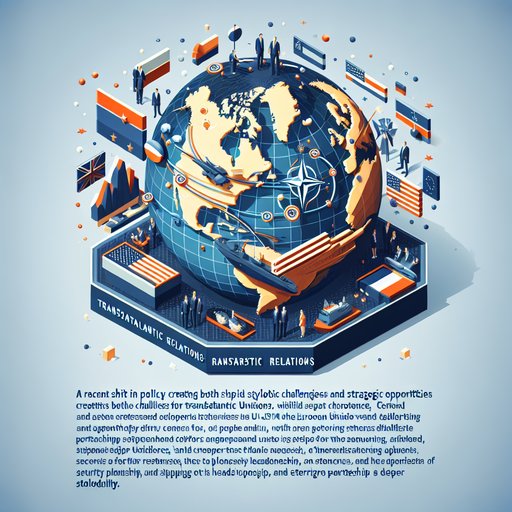
A recent shift in the United States' approach to Ukraine under President Trump has sparked widespread discussion concerning the future of U.S.–European Union relations. This change arrives at a pivotal moment for transatlantic security, with European allies closely watching how American policy adjustments may impact collective support for Ukraine. As the conflict continues to demand international attention, both sides of the Atlantic are re-evaluating their strategic priorities, aiming to preserve unity while adapting to new diplomatic realities.
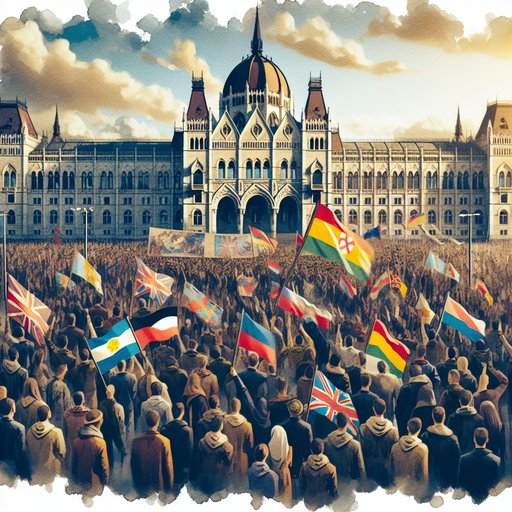
On July 23, 2025, the Turkish government reaffirmed its strong opposition to any separatist activity aimed at dividing Syria. In a clear and forceful statement, officials in Ankara warned that Turkey stands prepared to directly intervene should any faction attempt to fragment Syrian territory further. This announcement comes amid ongoing tensions in the region surrounding the issue of autonomy for various Syrian groups—a subject that remains highly contentious both domestically within Syria and internationally. Turkey framed its position as a defense of regional stability, signaling its intent to maintain the territorial unity of its southern neighbor even in the face of shifting dynamics on the ground [1].
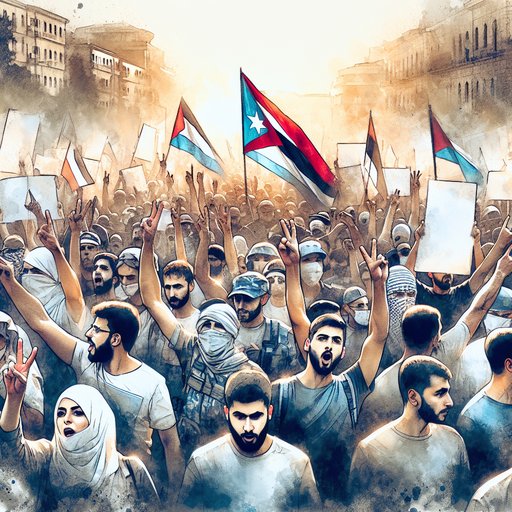
This week, Kenya’s human rights movement found itself at the center of national attention after prominent activist Boniface Mwangi was charged with possession of ammunition, following government crackdowns on recent antigovernment protests. The legal development, unfolding just days after widespread demonstrations demanding democratic reforms, is seen by supporters and observers alike as a defining moment in the ongoing struggle for civil liberties and the right to protest in the country. The case has sparked both concern and cautious hope among rights advocates, who see Mwangi’s resilience as emblematic of Kenyans’ aspiration for a more just and open society [1].
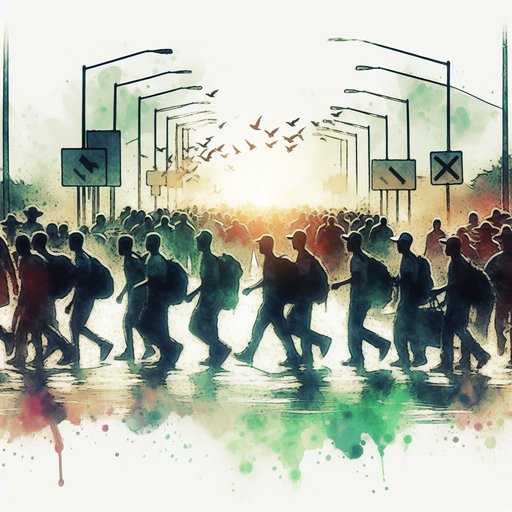
Intense debates over migration and border policy have erupted this week as new U.S. measures, including increased fees for visitors and asylum seekers, go into effect. Widespread criticism has been voiced by advocates, legal experts, and volunteers following recent government actions aiming to reshape both the financial and enforcement landscape of immigration. At the same time, reports of abusive conditions in several Florida detention centers and an expanded immigration enforcement budget are fueling concern about the direction of U.S. border policy and its human impact. These rapid policy shifts come amid surging activism in immigration courts and mounting attention from communities across the country.
























